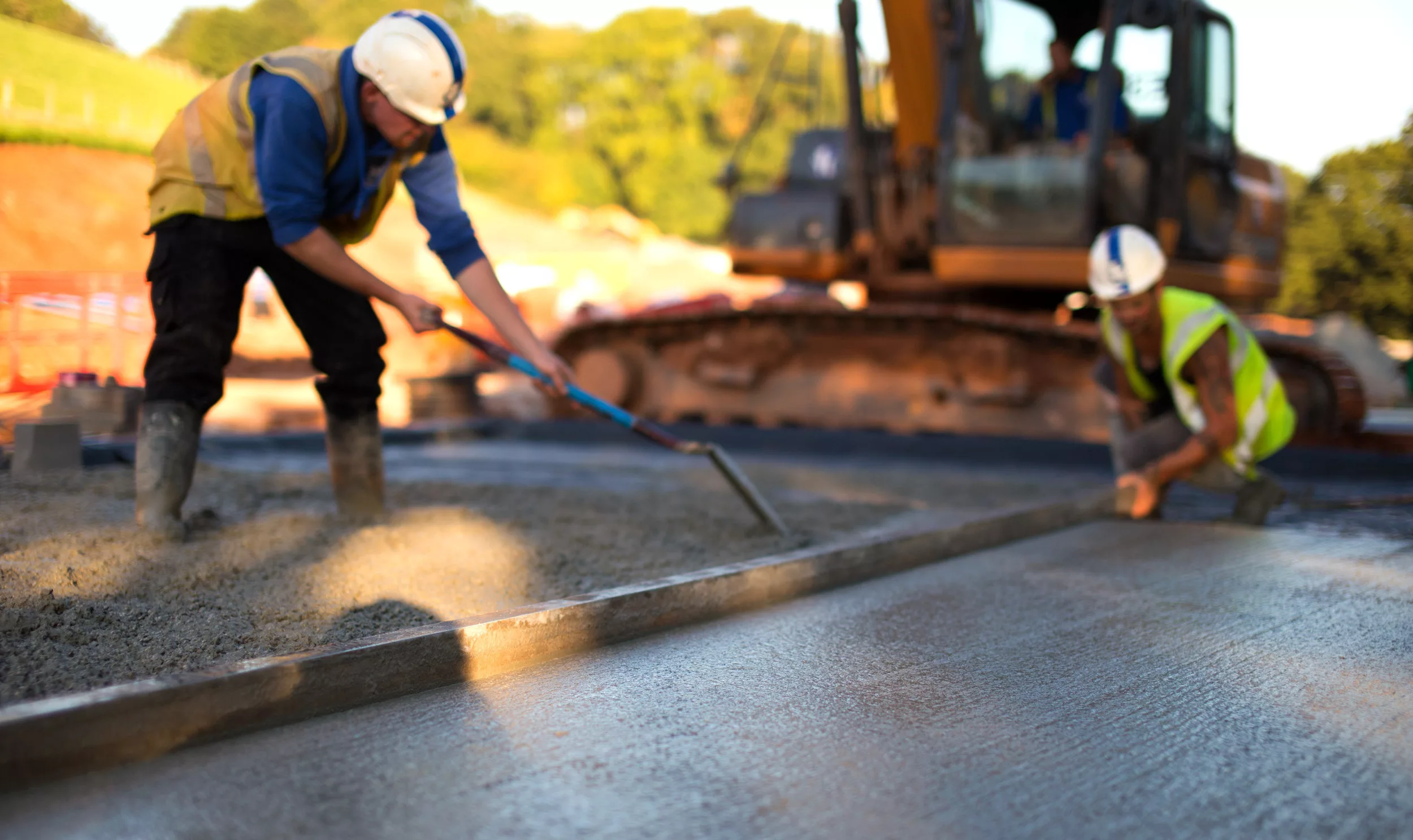
The beautiful beaches, vibrant arts scene, and sunny Florida skies of Fort Lauderdale are hard to leave behind. However, life has its own plans, and sometimes that means moving to a new home, either within the United States or internationally.
This article offers a thorough guide on making this transition as seamless as possible, focusing on leaving your home in Fort Lauderdale and settling in a new place.
Preparation is Key
The journey to a smooth transition into your new home starts even before you lock the doors of your home in Fort Lauderdale.
Here are some essential steps to ensure you’re well-prepared for the move:
- Start Gathering Your Possessions: Start by cataloging all your belongings. Knowing what you own helps you decide what to take, sell, or donate. Consider seasonal items you might not need immediately and whether they should be stored in a storage unit.
- Essential Documentation: Visas, work permits, identification cards—make sure all vital documents are current and stored in an easily accessible yet secure location. It is advisable to also have digital copies.
- Say Your Goodbyes: Schedule time to meet with friends and family before leaving. Take a walk around the neighborhood, and take pictures at your favorite spots. It will help you treasure the memories even after you’ve moved.
Navigating Paperwork and handling Logistics
Moving to a new location often entails various legal requirements and paperwork.
- Legal Consultation: Consult with legal experts specializing in migration and property law. They can guide you through the legal processes, making sure you comply with all requirements and regulations.
- The logistics: This is important; get in touch with affordable Fort Lauderdale international movers to ensure your stuff reaches your new home on time and without any issues.
- Emergency Info: Locate the nearest U.S. embassy or consulate if you are moving abroad, and familiarize yourself with their services. For domestic moves, keep a list of emergency contacts and local assistance numbers.
Managing Your Finances
Managing your finances can alleviate a lot of the stress associated with a move.
- Local Banking: Establishing a local bank account should be among your top priorities. This account will facilitate bill payments, direct deposits, and other routine financial activities.
- Financial Consultants: Arrange consultations with a financial advisor familiar with interstate or international relocations. They can guide you on how to manage properties or investments you may still hold in Fort Lauderdale.
- Exchange Rates and Fees: If moving abroad, pay attention to the fluctuating exchange rates and find a reliable service for money transfers to avoid unnecessary fees.
Cultural Adjustment: Embracing the New While Valuing the Old
Moving, especially to another country, often means a new set of cultural norms and possibly a new language.
- Language Lessons: Learning the local language can dramatically improve your quality of life, helping you to integrate more quickly into your new community. Language apps or community classes are good starting points.
- Cultural Sensitivity: Understanding and respecting the social norms and cultural nuances of your new country can go a long way in making your transition smoother. You don’t want to accidentally offend someone in your new neighborhood or workplace.
Health and Wellness: Prioritizing Your Well-being
Your health should never take a back seat during a move.
- Health Insurance: Secure an insurance policy that covers your health needs in your new location. Research available options and make sure you understand the coverage limitations.
- Nearby Healthcare Services: Knowing the location of the nearest healthcare facilities can be a lifesaver—literally. Visit these places if possible so you’re familiar with the route.
- Medical Records: Carry along essential medical records, including vaccination histories, prescriptions, and any ongoing treatments. This information will help your new healthcare provider understand your medical history better.
Housing Essentials: From Temporary to Permanent
While leaving Fort Lauderdale means leaving behind a familiar home, creating a new, comfortable space is crucial.
- Short-term Accommodations: When you first arrive, staying in a serviced apartment or Airbnb may be practical. This arrangement gives you time to look for a permanent residence without feeling rushed.
- Reputable Estate Agents: An experienced real estate agent can provide valuable insights into the local property market and help you find a place that meets your needs and budget.
- Rental Regulations: Take the time to familiarize yourself with local laws concerning rental agreements, tenant rights, and responsibilities.
Work and Education: Setting Yourself Up for Success
Moving to a new city or country often coincides with a new job or educational institution.
- Understanding Work Culture: Every workplace has its own culture and unwritten rules. Understanding your new job environment can help you adapt more quickly and blend in better with your new colleagues.
- Educational Transitions: If you have children, research schools before the move. Look into curriculums, extra-curricular activities, and admission requirements to make an informed choice about their new institute.
Networking and Social Interactions
Loneliness can be the hardest part of a move. So, try to connect with your new community.
- Expat or Newcomer Groups: Many areas have expat or newcomer groups that can help you adjust to your new surroundings. These groups can provide valuable resources, such as information about local services and events, as well as emotional support.
- Local Hobbies and Interests: Your hobbies can help you meet new people who share your interests. Joining a sports league, art class, or volunteering opportunity is a great way to get involved in your community and make new friends.
- Online Networking: Social media can help you stay connected with your old friends and family in Fort Lauderdale, and it can also help you meet new people in your new city.
Conclusion
Moving to a new home is a big change, but it can also be an opportunity for personal and professional growth. By planning and organizing everything in advance and staying positive and strong, you can make the transition easier for yourself and your family.
Keep an open mind, embrace new experiences, and never forget: home is where you make it.








